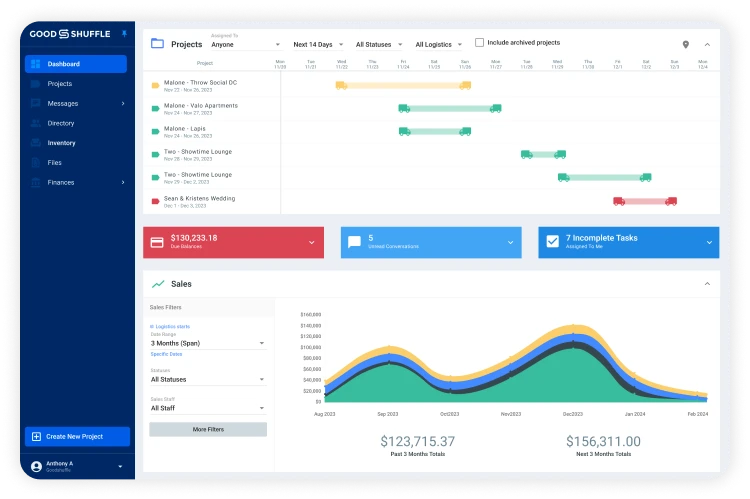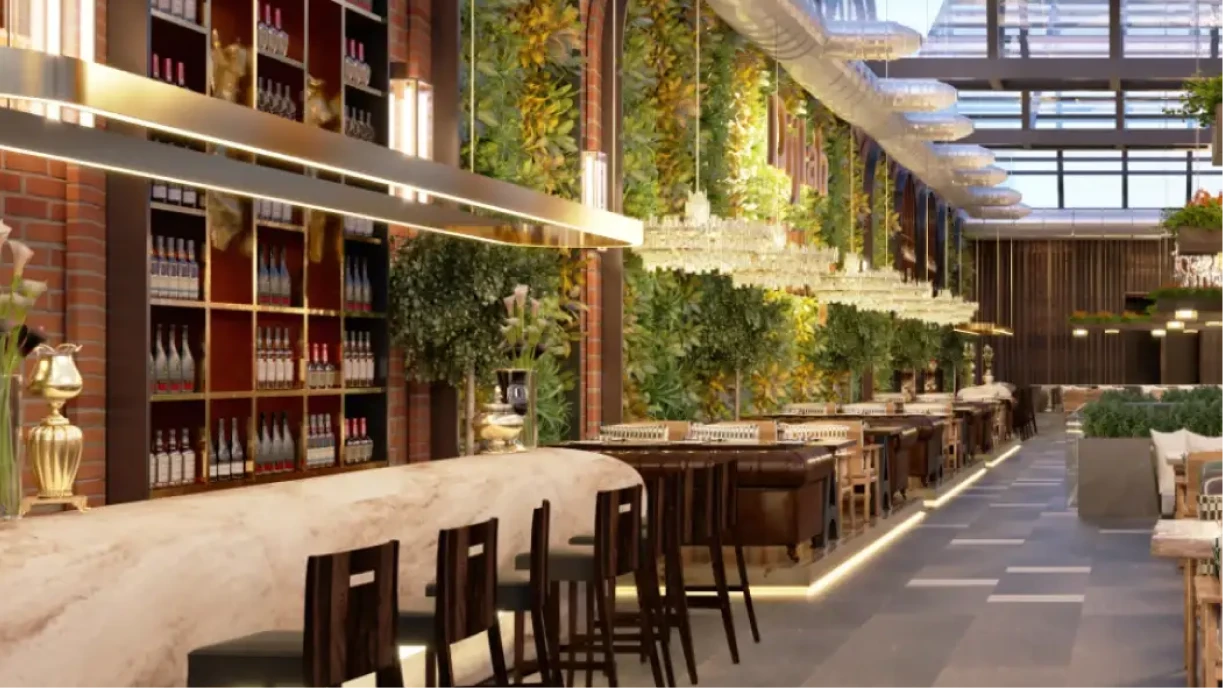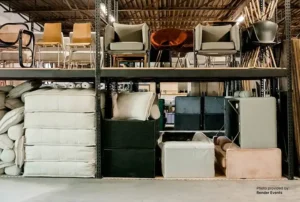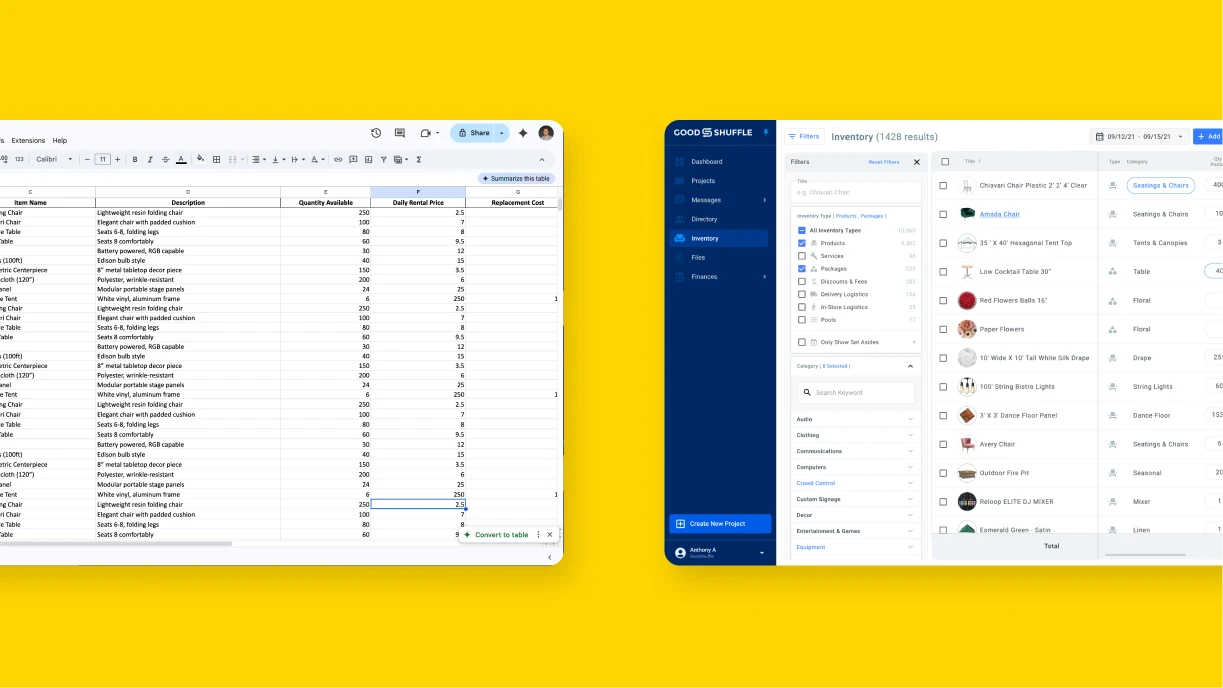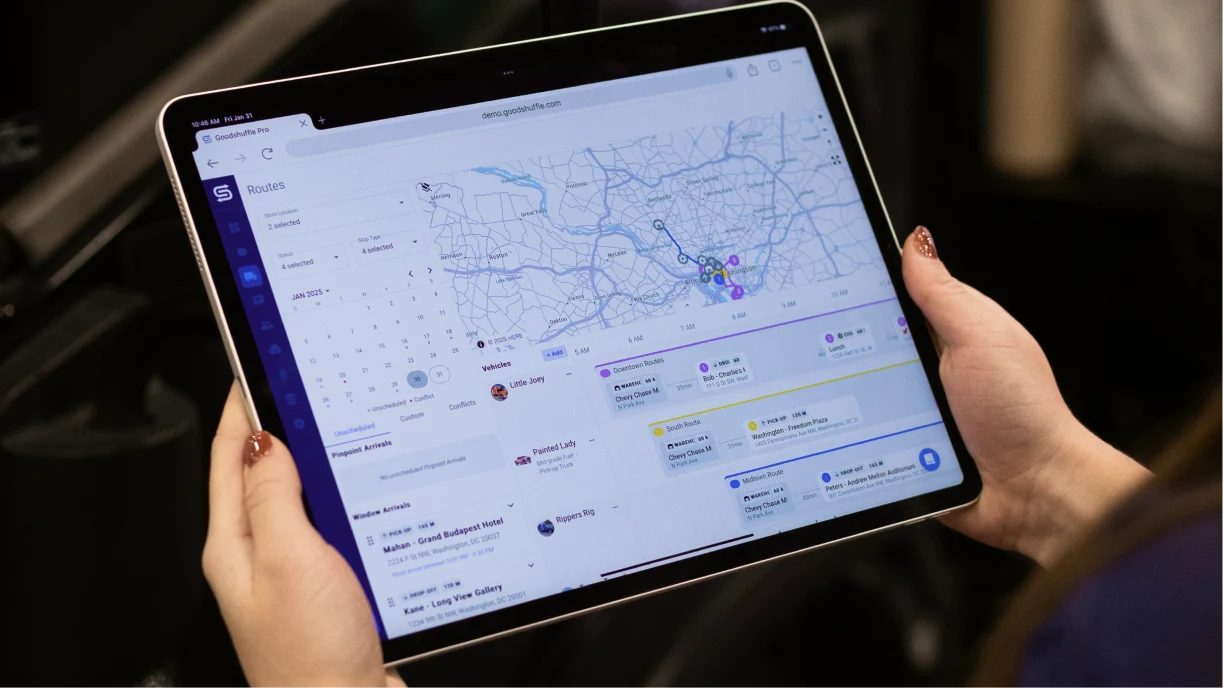Your phone rings with another wedding inquiry. The venue coordinator mentions they’re calling because you’re on their preferred vendor list — and suddenly, you’re their first choice over a dozen other event rental companies.
That’s the power of preferred vendor status. It’s not just about getting more leads; it’s about getting the right leads from venues that trust your work and actively recommend your services.
But here’s the thing — getting on a venue’s preferred vendor list isn’t about sending a single email with your brochure attached. It requires strategy, relationship-building, and a clear understanding of what venues actually value in their vendor partnerships.
Let’s break down exactly how to position your event rental business as the obvious choice for venue partnerships.
Step 1: Target the Right Venues for Your Brand
Not every venue is worth pursuing, and trying to get on every preferred vendor list in your area is a recipe for wasted effort. Smart event rental businesses focus their energy on venues that align with their brand, inventory, and business goals.
Start Local and Build Outward
Geography matters more than you might think. Venues love recommending local vendors because it simplifies logistics for their clients — shorter delivery distances mean lower costs and fewer scheduling conflicts. If you’re within 30 minutes of a venue, you’re already ahead of competitors who are an hour away.
Target New Venues First
Here’s an insider secret: established venues with 20+ preferred vendors are nearly impossible to crack. Their lists are full, relationships are solidified, and they have no reason to shake things up.
Instead, focus on venues that opened in the last 2-3 years. They’re still building their vendor network and are much more open to adding quality partners. You’ll face less competition and have a real opportunity to become one of their go-to recommendations.
Match Your Style to Their Aesthetic
A luxury linen company shouldn’t waste time pursuing rustic barn venues, just like a casual party rental business won’t succeed at black-tie country clubs. Study the venue’s Instagram, website, and recent events to understand their typical clients and price points.
Consider whether your inventory aligns: Do your chiavari chairs and farm tables match their rustic aesthetic, or would your ghost chairs and marble cocktail tables better suit their modern elegance?
Ask yourself:
- Do my inventory styles match their typical events?
- Are my price points appropriate for their client base?
- Would my brand enhance their reputation or clash with their image?
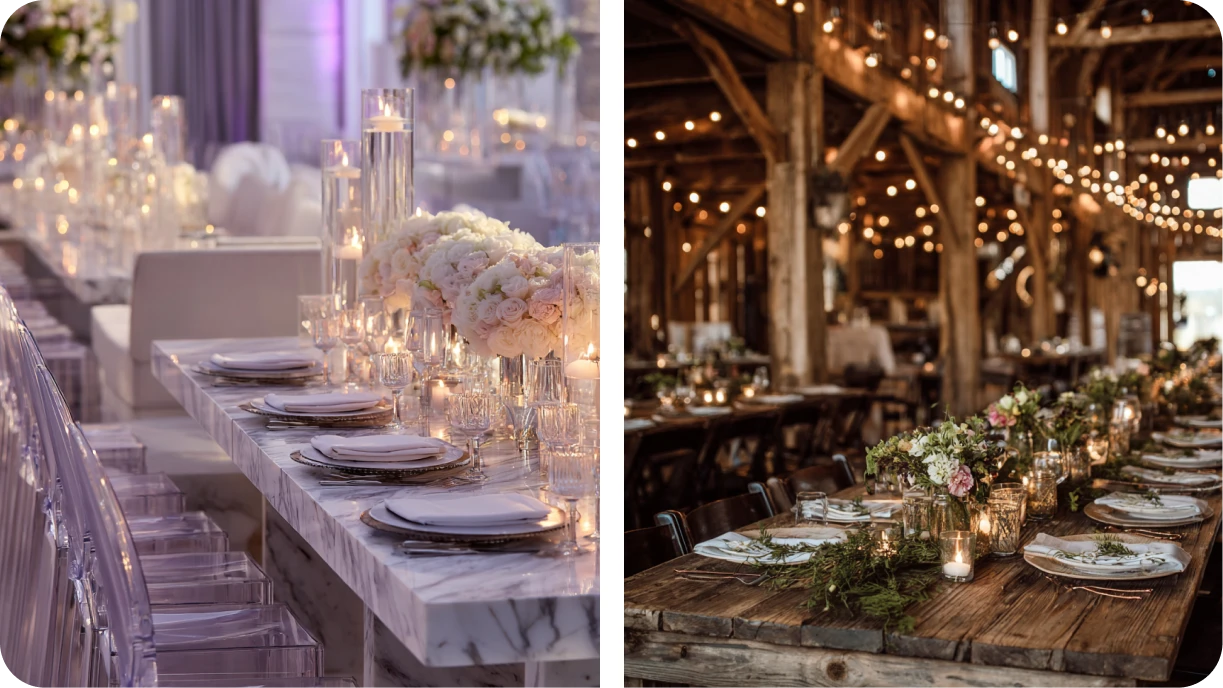
Understand Venue Vendor Requirements
Before reaching out, research each venue’s specific requirements. Some venues require $10 million in liability insurance, others have strict load-in protocols, and many have formal preferred vendor application processes.
Red flags to watch for:
- Extremely high insurance requirements that don’t match the venue size
- Complicated load-in procedures that eat into your profit margins
- Poor communication from venue coordinators
- Venues with bad reviews from other vendors
The goal isn’t to get on every list — it’s to get on the right lists where you can build profitable, long-term partnerships.
Step 2: Build Relationships That Open Doors
Getting added to preferred vendor lists is a relationship game, not a transactional exchange. Venues want to work with people they know, trust, and enjoy collaborating with.
Network Strategically
The most effective approaches for connecting with venue coordinators:
Industry events and bridal shows: These aren’t just for meeting brides — venue coordinators attend to scout new vendors and strengthen existing relationships.
Mutual vendor introductions: If you have a great relationship with a wedding planner or photographer who works regularly at your target venue, ask for an introduction. Personal recommendations carry serious weight.
Direct outreach with purpose: Skip generic emails. Instead, reference a specific event you saw on their social media and explain how your inventory would have enhanced that setup.
Styled shoots: Collaborate on styled photoshoots at the venue. This gives you portfolio content while demonstrating your aesthetic alignment with their space.

Lead with Value in Every Interaction
When you do connect with venue coordinators, focus on what you bring to their business:
- Inventory depth: Can you handle large events without needing to subrent?
- Unique offerings: Do you have specialty items that set you apart?
- Service extras: Setup, breakdown, emergency replacements, flexible timing?
- Professional systems: Online ordering, digital contracts, streamlined invoicing?
- Preferred vendor discounts: What incentive can you offer their clients?
Understand Their Perspective
Venue coordinators recommend vendors who make their job easier and their venue look better. They’re not just thinking about price — they’re considering reliability, professionalism, and client satisfaction.
Questions to ask during your initial conversation:
- What challenges do you face with current rental vendors?
- What would make the rental process smoother for your clients?
- How do you typically introduce preferred vendors to couples?
- What’s your process for evaluating new vendor partnerships?
Step 3: Maintain Professional Standards That Keep You on the List
Getting on a preferred vendor list is just the beginning. Staying there requires consistent excellence across every interaction — from your initial quote to final pickup.
Professional Systems Make the Difference
When venues see you using professional rental management software like Goodshuffle Pro, they immediately understand you’re serious about your business. Your professional systems become a selling point because they:
- Provide detailed proposals with item photos and descriptions
- Collect digital signatures and process payments seamlessly
- Track delivery logistics and special requirements
- Maintain clear communication throughout the rental process
- Apply preferred vendor discounts automatically
Venues often work directly with your rental business for their own events, so your professionalism reflects on their reputation.
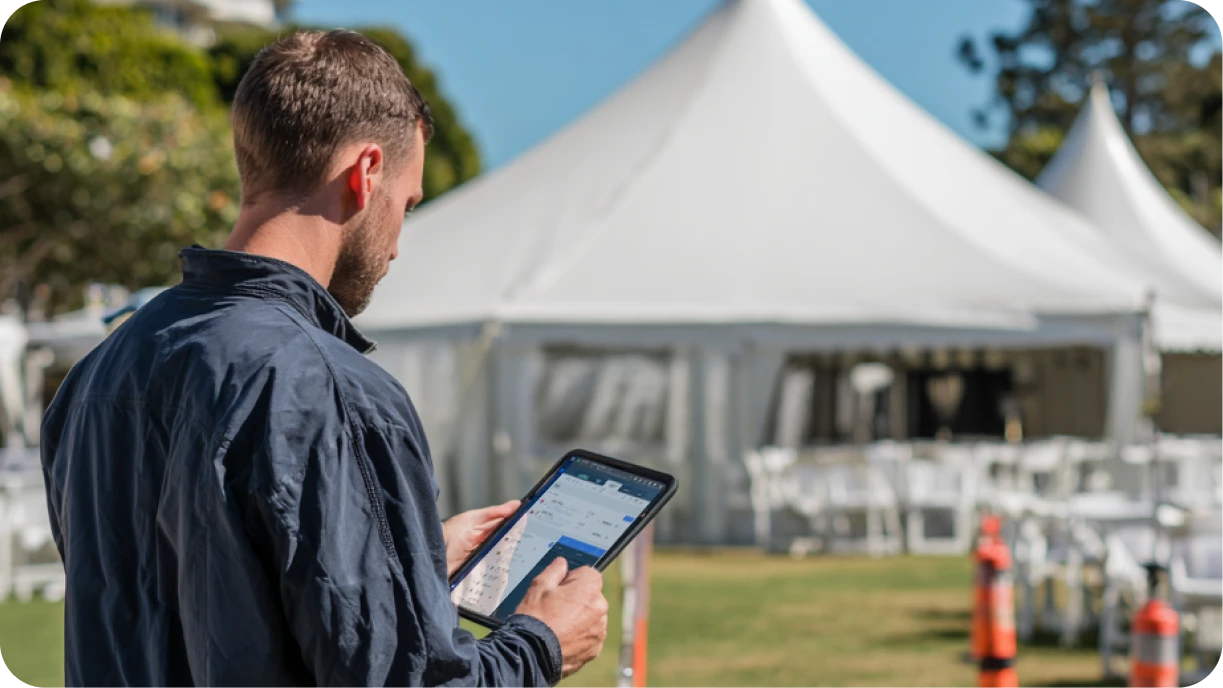
Exceed Expectations Consistently
Preferred vendor status means you’re representing the venue with every interaction. A single bad experience can cost you that coveted spot, especially with competition constantly knocking on the venue’s door.
Ways to stand out:
- Arrive early for setup and stay late for breakdown if needed
- Bring backup items for high-stakes events
- Communicate proactively about delays or issues
- Train your delivery team on professional client interaction
- Follow up after events to ensure everything went smoothly
Leverage Success for Mutual Benefit
After successful events, create content that benefits both you and the venue:
- Professional event photos with proper vendor credits
- Blog posts or social media features that tag the venue and other vendors
- Client testimonials that mention the venue experience
- Case studies showcasing how your partnership created an amazing event
This type of content provides SEO value and online visibility for you and the venue while strengthening your relationship.
Build Long-Term Venue Partnerships
The most successful party rental businesses don’t just get on preferred vendor lists — they become integral partners in the venue’s success. This means:
Staying current with trends: Venues appreciate vendors who bring fresh ideas and contemporary inventory options.
Flexible partnership terms: Offering seasonal promotions, exclusive discounts, or priority booking for the venue’s clients.
Ongoing communication: Regular check-ins with venue coordinators, not just when you need something.
Mutual referrals: Recommending the venue to clients who are venue shopping.
Remember, preferred vendor relationships are built on trust, reliability, and mutual benefit. Focus on being the rental company that venues can count on, and you’ll find that staying on their list becomes much easier than getting on it in the first place.
The venues that matter most will notice the difference — and so will your bottom line.
